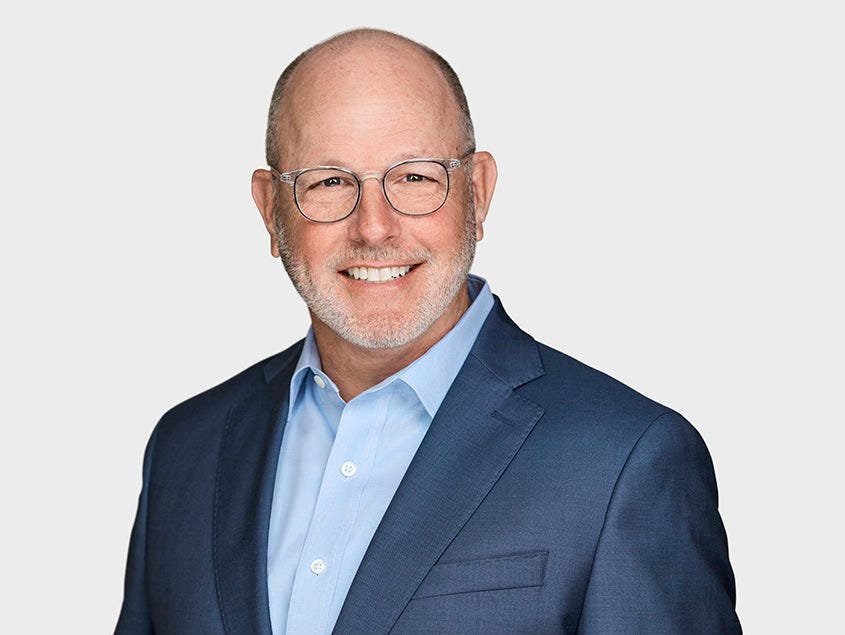Leadership Shift at CVS/Aetna: Familiar Faces, Familiar Tactics, and Why Patients Will Pay the Price
When I saw that CVS Health had replaced Karen Lynch with David Joyner as CEO and brought in Steve Nelson — a former UnitedHealthcare executive — to lead its Aetna subsidiary, I felt a mix of familiarity and concern. Karen and I go back to our days at Cigna, where both of us, along with people like David Cordani (now CEO of Cigna), climbed the corporate ladder. Back then, we shared a front-row seat to the early days of high-deductible “consumer-directed health plans” (CDHPs)—plans designed to shift more costs to patients while letting insurers pay out less in claims.
At Cigna, Karen, David, and I – along with several other corporate leaders – were tasked with pushing this concept, promoting the idea that patients would become “prudent health care consumers” if they had more “skin in the game.” The reality, however, was that these high-deductible plans meant many Americans, including our own employees, would end up skipping care, abandoning prescriptions, or even going into debt. But we had our marching orders, and corporate America had its agenda: reduce claim liabilities while selling “consumer empowerment” as the solution.
Now, CVS’s decision to bring in Nelson to lead Aetna – and promote Joyner to replace Karen as CEO – feels like a return to the same playbook. Nelson’s track record at UnitedHealth — a company that has vertically integrated into nearly every aspect of the health care landscape — suggests that CVS is hoping to expand its grasp on the marketplace. This move aligns with pressure from activist investors, like Glenview Capital Management, that have been calling for CVS to cut costs. Cutting costs can come in the form of paying fewer claims – and circumventing the medical loss ratio by “self-dealing” services to companies CVS owns.

Wall Street welcomed the change in leadership and strategic direction with a 13% jump in CVS shares, but we must ask—at what cost to patients? Aetna’s Medicare and Medicaid plans, which provide coverage to millions of people, are particularly at risk of being squeezed under this new leaders’ mandate to improve financial performance.

Take the third quarter financials. CVS reported a medical loss ratio of 95.2% — meaning that a higher than expected percentage of premiums had been used to pay claims, leaving less money to reward shareholders. The MLR was far higher than in previous quarters – and much higher than Wall Street had expected – and signaled that the company underestimated medical costs. That disclosure led to a massive selloff of the company’s shares. To get back into investors’ good graces, the company has embarked on an ambitious strategy to cut expenses. For those on Aetna’s Medicare Advantage plans, higher deductibles, more restrictive networks, and more aggressive use of prior authorization could be in their future, putting essential care further out of reach.
When Karen and I were helping to implement so-called “consumer-driven” plans, we knew what was at stake. These high-deductible plans made working Americans pay more upfront, while big insurers enjoyed record profits.
With CVS’s leadership team’s focus on “performance and value creation,” the company is signaling a renewed and absolute commitment to shareholders first, leaving patients to navigate the growing complexities – and costs – of their health care.






Although their claims may up, let's not join the pity party. Their margins on specialty medications is their main revenue drivers, not premiums & those profits are astromonical. And they have margins in hospitalizations as well. Premium profits are a small portion of the overall profitability of these mega, for profit gangsters.
Wendell Potter is a BOSS. Happy to see ole 'Aunt Karen Lynch' get the axe but CV$, United Health Cartel and the rest all put profits over patients care, it is their goal and they are great at it. Dump insurance.